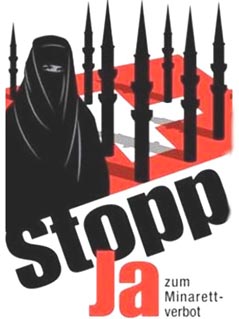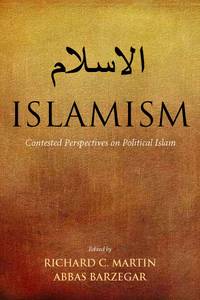
What the Danish Cartoon Controversy Tells Us About Religion, the Secular, and the Limits of the Law
By Winnifred Fallers Sullivan, Religion Dispatches, January 7, 2010
Review of: Is Critique Secular? Blasphemy, Injury, and Free Speech by Talal Asad, Wendy Brown, Judith Butler, and Saba Mahmood (University of California Press, 2009)
This very rich little book seems to me a very good place to begin the new decade. It is smart, informed, thoughtful, urgent—and properly unsettling. It is also very difficult to read quickly or to summarize in short order. It is well worth the effort.
The principal essays, by anthropologists Talal Asad and Saba Mahmood, take the Danish cartoon controversy as a starting point. They review the contexts of the publication of the satirical cartoons of Mohammed in Jyllands-Posten, a Danish newspaper, and the angry responses that ensued; they ask us to take seriously the fundamental incoherence of the assumptions about religion that underlie the dominant narratives of those events (dominant narratives that were repeated again this week in the stories about a recent attack on one of the cartoonists.) The book also includes an introduction by political scientist Wendy Brown and a response to the essays by philosopher Judith Butler. Continue reading More on the Danish Cartoons






